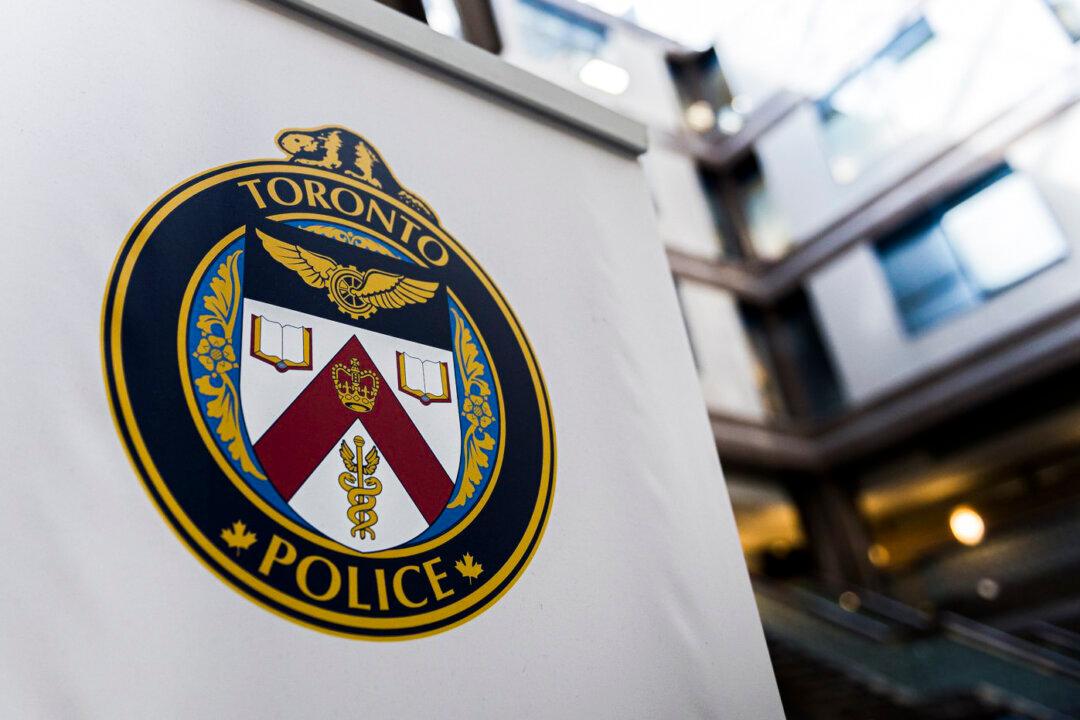Canada’s refugee program needs to better support private sponsors who are helping victims of the Chinese communist regime abroad—especially human rights defenders and refugees at imminent risk of persecution, says Conservative candidate Garnett Genuis.
In particular, Canada should not limit the number of private sponsors who want to help refugees, Genuis said at an ethnocultural press conference on Aug. 23.
“Right now the cap on private sponsorship says that beyond a certain threshold, we won’t let private individuals and groups sponsor refugees—even if they’re coming up with the money, even if they’re the ones taking care of it,” said Genuis, who was an MP and his party’s shadow minister for international development and human rights before the Parliament was dissolved for election.
“What we would say is that let’s support and facilitate, and not cap the generosity of Canadians.”
He acknowledged it would be impossible for Canada to accept all vulnerable refugees who need help, but said the system should not stop Canadians who want to offer support.
Genuis made the comments when asked about how the Conservative Party, if elected, would help victims of human rights violations in China, such as Hong Kong pro-democracy activists, Uyghur Muslims, and adherents of the spiritual practice Falun Gong.
Genuis said Canada should do more to help young democracy activists and human rights defenders in Hong Kong after Beijing’s national security legislation was passed in July 2020. The law is widely seen as a tool for clamping down on pro-democracy activists in the former British colony.
Dave Hayer, the Conservative candidate for Fleetwood-Port Kells who also attended the press conference, said he’s heard from many Canadians of Asian origin who are worried about the situation in Hong Kong, where “there’s basically no rights or freedoms.”
“I visited Hong Kong many times before 1997, and before China took over Hong Kong, and people were saying [they’re] happy to do some business here. But now, when I talk to them, they said if you speak against the government—even at the national anthem, if you said few lines wrong—they can throw you in jail,” Hayers said.
“We have to condemn the human rights [abuses] in China and also in Hong Kong ... as many people as we can, because many of those people have families here [in Canada]. If we allow the program where privately the family can sponsor their friends and relatives, that will make it easier for them to adjust to here and to be successful here,” he said.
Genuis noted Canada could also play a role in supporting other victims of the Chinese Communist Party (CCP), such as the Uyghur minority group, who manage to escape China for other countries but remain in danger due to the influence of the Chinese regime on other sovereign governments.
“Those minority communities are sometimes being, unfortunately, subject to abuses by the government of the country where they sought refuge, as a result of pressure from the government of China,” he said.
Genuis has also been a vocal critic of the CCP’s persecution of adherents of Falun Gong, and has supported Bill S-204, legislation that would combat forced organ harvesting of Falun Gong practitioners in China by making it a criminal offence for Canadians to travel abroad to receive an organ taken without consent.





